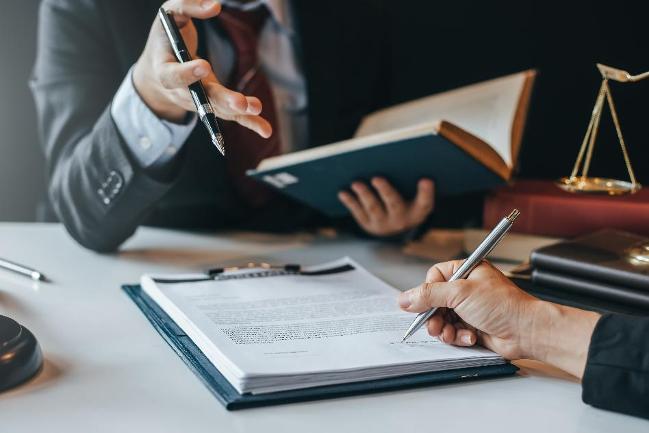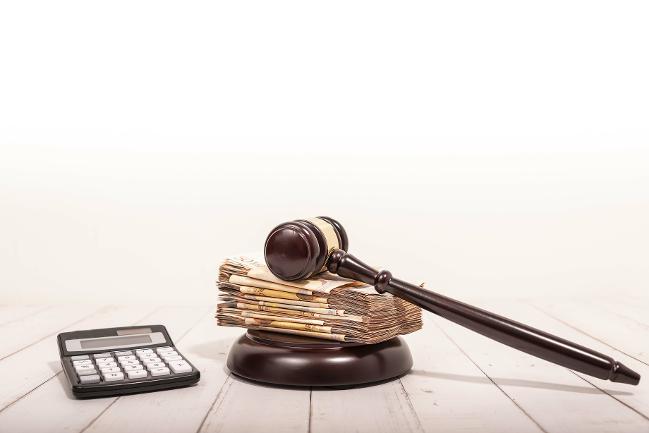Cartels
The prosecution and punishment of illegal cartels is one of the Bundeskartellamt’s key tasks.
What exactly is a cartel and how does the Bundeskartellamt track down illegal and secret agreements? What are the penalties offenders have to expect and how can you also help uncover a cartel?

Latest news on this topic
BildTextTeaserDefaultÜberschrift
Frequently asked questions:
What is a cartel?
Cartels are anti-competitive agreements between companies which restrict competition, such as agreements on prices, quantities, supply areas or customer groups.
Why are cartels harmful?
Cartels generally lead to higher prices, lower quality and less innovation at the expense of consumers.
What can the Bundeskartellamt do?
The Bundeskartellamt can impose heavy fines on the companies and individuals involved.
What is a “hardcore cartel”?
Agreements on prices, quantities, supply areas or customer groups are particularly serious infringements and often cause significant harm. They are referred to as hardcore cartels.
How much are the penalties?
The fines can amount to up to 10 per cent of a company’s turnover. The persons responsible may face fines of up to one million euros.
What was the highest fine ever imposed?
In 2019 the Bundeskartellamt imposed a total of around 646 million euros in fines on three steel manufacturers for agreeing on prices of quarto plates.
What are horizontal agreements?
Agreements between companies competing with each other at the same market level are called horizontal agreements.
What are vertical agreements?
Agreements between players at different market levels may also be prohibited, such as a retail price agreement between a manufacturer and a retailer.
How can cartels be reported?
Have you obtained information about competition law infringements by companies in the context of your work-related activities or prior to taking up a professional activity? In this case, please contact the Bundeskartellamt’s external reporting unit.
If you are a cartel member, the Bundeskartellamt’s leniency programme offers you the chance to go unpunished if you help us to uncover the cartel. If you wish to contact the Bundeskartellamt in confidence, including anonymously through a lawyer in advance, or if you have any questions about the leniency programme, please contact the head of the Special Unit for Combating Cartels, Dr Katrin Roesen. You can find her contact details here.
We are happy to receive further information from consumers via our hotline for citizens:
Consumer hotline
Phone: +49 228 9499-555
9.30 h - 12 h , Thursdays: 13 - 16 h
Send an e-mail
What is a leniency recipient?
Cartel participants that contribute to uncovering a cartel by cooperating with the authority may have their fine waived or considerably reduced. The leniency programme is regulated by law as set out under Sections 81h to 81n
of the German Competition Act (Gesetz gegen Wettbewerbsbeschränkungen – GWB). The earlier a cartel participant starts cooperating with the Bundeskartellamt, the more valuable their contribution is generally likely to be and the greater the recompense.
Leniency recipients that have been granted full immunity from fines are also privileged with regard to claims for damages under civil law as set out under Section 33e GWB.
Leniency applications, markers to secure a place in the queue for leniency, and summary applications can be submitted to the Bundeskartellamt. If you wish to contact the Bundeskartellamt in confidence, including anonymously through a lawyer in advance, or if you have any questions about the leniency programme, please contact the head of the Special Unit for Combating Cartels. Further information and contact details can be found here.






